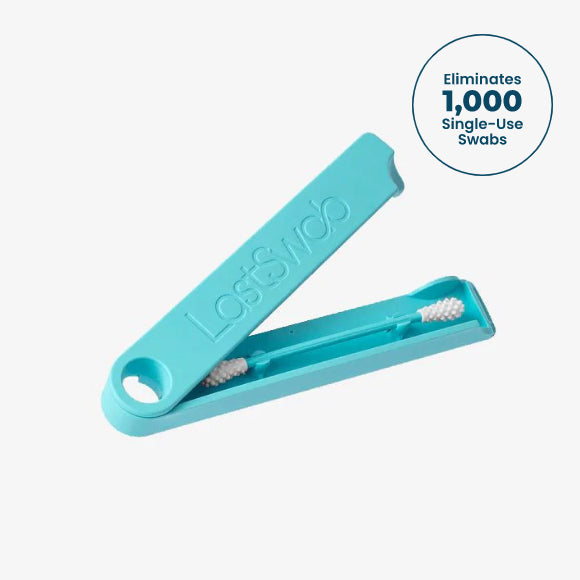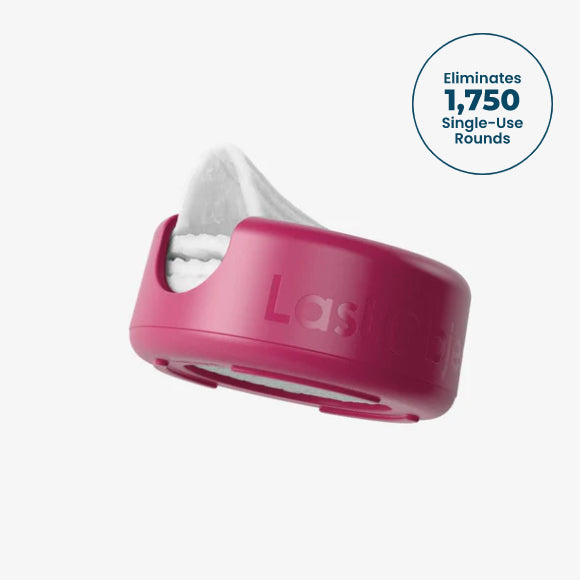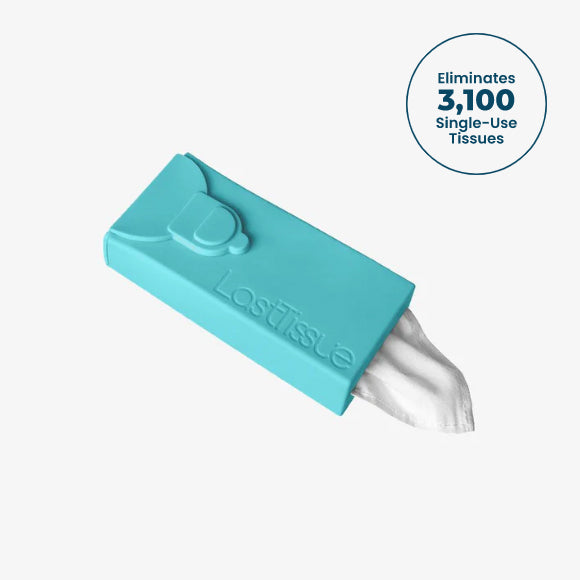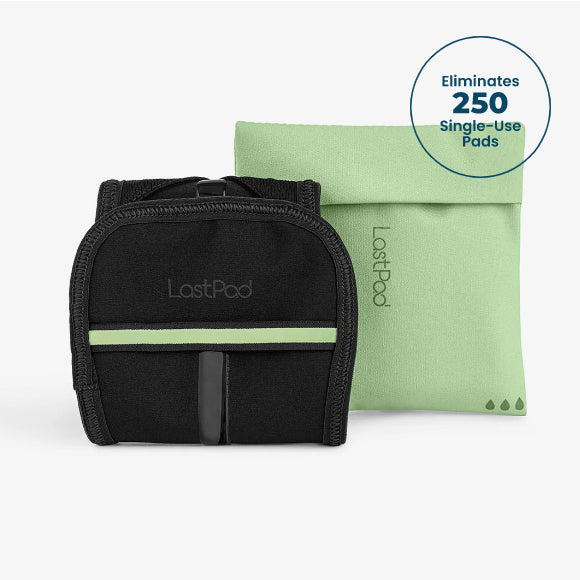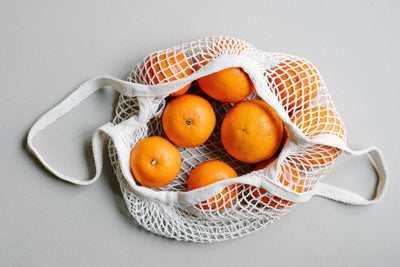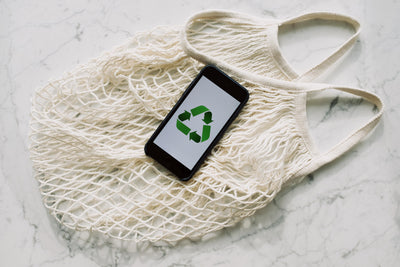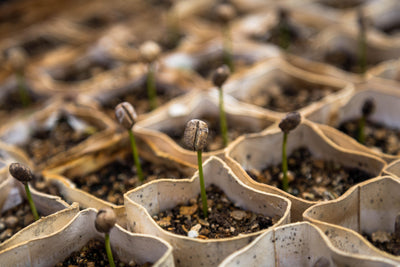4 Things to Consider when Making Sustainable Decisions
September 28, 2020In this modern day, we’ve got options.
This is great right?!
But how does it affect our ability to make the right decisions, especially in regards to the environment?
Too many options can tend to complicate things. And when those options are sold to us in a way to make us feel like they are the best way to do things, it becomes even more complicated.😕
🌱Is plant based plastic really better?
Or is recycled plastic better?♻️
Is it better to buy something used that may not last nearly as long, or is better to buy something new?
Is almond milk all that much better than dairy milk, or is it best to go with something like oat milk while we’re at it? In terms of something like say...water consumption.
You get the point, we’ve got options!
But how do we decide whether or not we are making truly better decisions for the environment?
There are many ways to check in and see if our decisions are the right ones, but let’s go over a few.
The resource demand



What are the resource demands of this new decision? Depending on what decision you’re making, this could be in the form of energy, water, land, fossil fuels, metals and other non renewable resources, etc.
Does the change you’re trying to make use less resources? Is it quite a bit less, or is it not much when considering the effort you put in?
A good example is single use compostable plastic. Does this actually do much good? Sure it reduces the demand of petroleum based plastic, but it still demands unnecessary water and land for farming. And arguably, the release of guilt found in things like this can lead to more use and demand, which leads to even more resources used.🌽
Along those same lines is making the switch from a single use plastic cotton swab to a single use cotton swab made from paper or wood.
The better option, in this case, is to switch to a reusable zero waste alternative.
Location location location

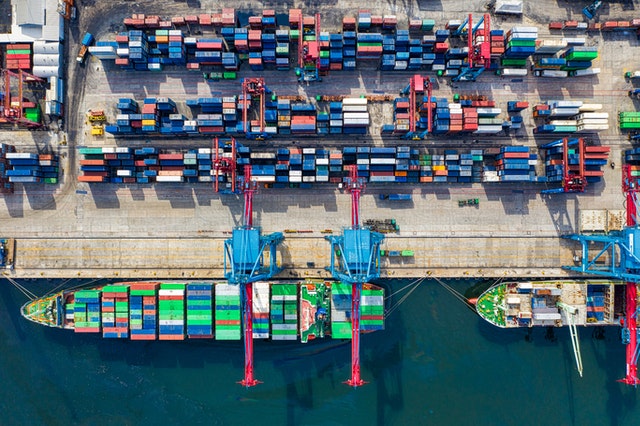
If we are talking about purchasing a product, where has that product travelled in order to get to you? Where was it manufactured? Where was the material in the product gathered or created?
🗺Also too, location can apply to how far you have to travel to get places. The further you travel, the more energy that’s used. And at some point, it becomes less feasible to walk or bike, and even more energy intensive modes of transit come into play: modes like buses, trains, cars, and planes!
Ethics and sustainability



When choosing who and what to give our money, time, and attention to, we ought to look into how these people, businesses, or actions affect people and the planet.
If we are supporting a specific company, how is that company treating the planet and people?🌎 What does their mission say they care about? And are they acting on that mission?
We should consider this in as many actions that we take: from buying physical goods, to purchasing food, or maybe even where we are storing our money.
Occasionally we don’t have much of a choice then to support specific businesses and industries, and in that case we should voice our preferences for improvement or alternatives.
But usually, we do have a choice to choose the businesses and companies that are more in line with our own values.🙏🏼
Does it work for you?


And after all is said and done, we can consider a lot of different things when considering our actions, but possibly the most important thing we should consider is whether or not this works for us.
Someone could come up and talk about how they are able to bike everywhere because they are so close to everything, but others would have to bike twenty miles just to get to work.
🥦Someone could explain why they are completely vegan, but that doesn't work for everyone health wise either.
When we are considering the impact of our actions, and when we decide to make some changes, we have to ask whether or not these current (and new) ways of doing things are right for us.
Contrary to what many try to make us believe, a sustainable lifestyle is not one size fits all. There are so many sizes, cuts, colors, and styles!👗
Many of us may use cotton swabs regularly, and could probably benefit from a reusable one. Maybe some of us don’t use them at all. Some of us are very messy and use tissues all the time, or we have bad allergies or a runny nose from the cold, so maybe we would benefit from reusable tissues. While some us, might not.

The world is our (sustainably and ethically caught) oyster, so who are we to skimp on what works best for us? We have the power to change our actions, and do it in a way that works best for us, not everyone else.
Options are great, but can be overwhelming. And when we are new to this whole “considering the planet” thing, it can feel like quite a drag. But if we remain consistent in a process (like maybe the one above), eventually it will become second nature.
And even a new normal.🌲

Written by Aaron Burr
A writer dedicated to working solely with companies on a mission to help the earth and people on it.
MORE Going Zero Waste ARTICLES View all ›
Ready to make
the switch?
- Powerful Cleaning
- Dissolves Easily
- Skin-Friendly
- Eco-Friendly
- No Mess





